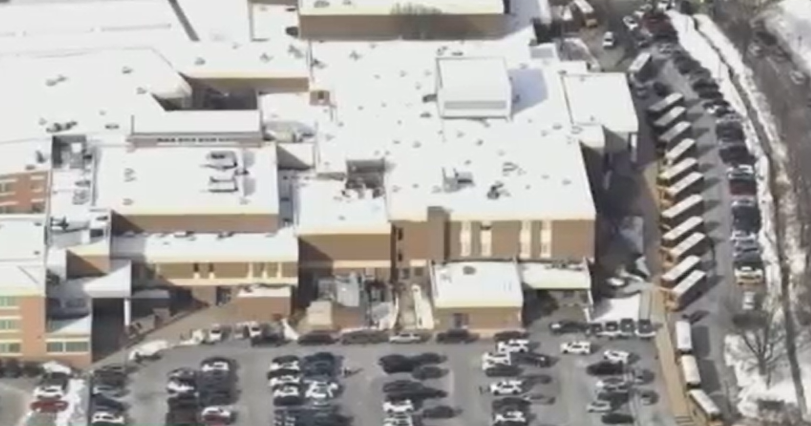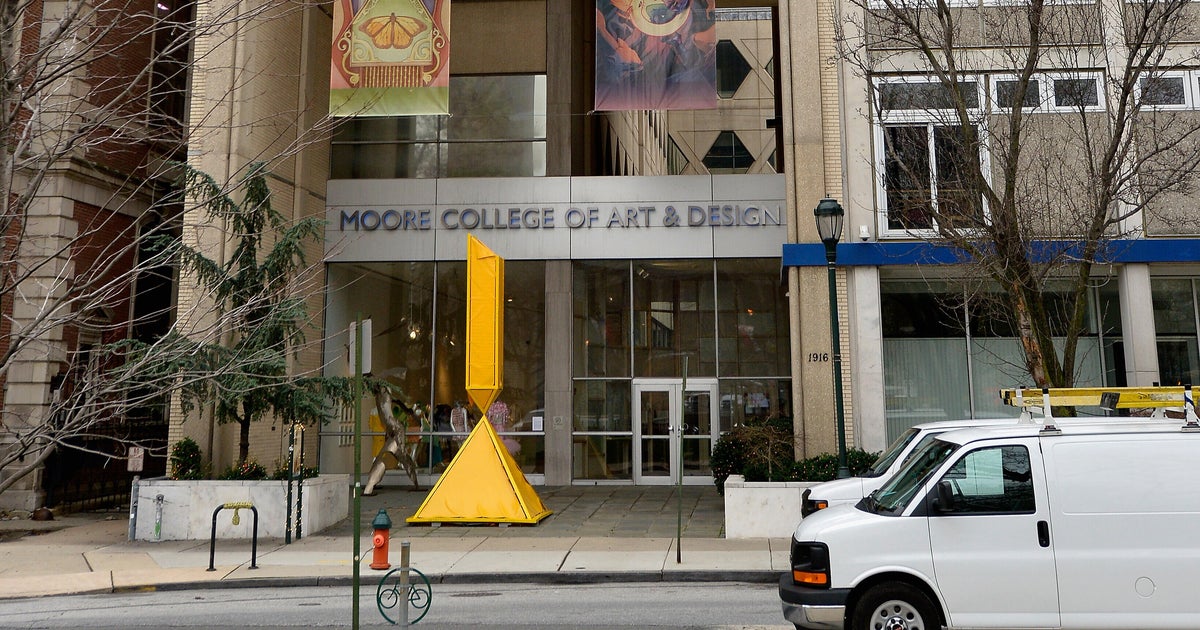What Is Aleppo? Now We Know
By Frida Ghitis
PHILADELPHIA (CNN)--The world is at last, reluctantly, looking at the horrors unfolding in Aleppo. The dictatorship of Syrian President Bashar al-Assad, with the support of Iran, Russia, Hezbollah and other Iran-organized Shiite militias, has all but pulverized parts of the city, deliberately attacking hospitals and homes and targeting non-combatants and civilians.
They are carrying out a new form of ethnic cleansing, with Shiites expelling Sunnis and making it impossible for them to return to their destroyed homes.
This is hardly unexpected. It's been unfolding gradually, for all to watch. The immediate culprits are the direct perpetrators, let that be clear. But this episode marks a supreme failure of our 21st century society, our leaders, our institutions and the people who claim to care about more than their own well-being.
Here are some of the lessons from the Battle of Aleppo.
When the US steps back, terrible actors fill the void
Barack Obama became president vowing to extricate the United States from the Middle East. He tried to stay out of Syria and even sounded proud of it. His failure to act even after warning of a "red line" if Assad used chemical weapons -- which Assad has continued to do -- sent a signal to other powers that the field was open. The vacuum created by the US was quickly filled by Russia, Iran and Arab governments. Now we see not only the calamity of Aleppo, but hundreds of thousands killed, millions of refugees in Europe, the rise of the extreme anti-immigrant right and the empowering of Russia and Iran. Obama's policy did not just fail. It allowed this worst-case scenario to materialize.
The anti-war movement, peace activists are afflicted with a severe case of hypocrisy
Did you see those giant protests in London, Paris, Rome, calling for an end to the slaughter of civilians in Aleppo? No? Me either. You have, however, seen massive, relentlessly self-righteous calls against war whenever the main combatants are the United States or Israel. No doubt, if it were Israel or the US bombing Aleppo, the anti-war movement would find its voice again. The contrast suggests their concern is not with stopping wars or helping victims, but criticizing countries they abhor.
The "International Community" without Western muscle, is all hot air
You have heard the solemn vows, the condemnations in the "strongest terms," the "never agains," the proclamations that the world has a "responsibility to protect" civilians. It's all very stirring, but without an enforcement mechanism it's all just hot air. Ethnic cleansing only stopped in Kosovo when NATO moved in. The killings in Bosnia did not end until the United States took action. This is not to say that the United States and NATO should have taken over Syria's fight, but early action could have made an enormous difference. Now we have more than 400,000 Syrians dead and some 11 million displaced. Clearly, the system, despite the nice words, is not working.
Public apathy greenlights leaders' inaction
Remember the infamous "What is Aleppo?" response by a candidate for president of the United States? When Libertarian candidate Gary Johnson revealed his stunning ignorance about the epicenter of a war that is at the heart of today's most pivotal conflict, we thought it showed he was not qualified to be president. Instead, his answer revealed that too many voters simply don't care.
Johnson ended up receiving enough votes that if his backers had supported Clinton, she would now be President-elect. (See the vote totals in Pennsylvania, Wisconsin and Michigan.)
If the voters don't care, it's much easier for leaders to fail to take action, and much costlier, politically, to make risky decisions. The question is, why don't voters care? Part of the responsibility lies with the media, which became so consumed with the election -- and with the ratings it brought -- that it allowed the Syrian conflict to lapse into relative oblivion. The media has a duty to educate. We've had too much Kanye West, not enough Eastern Aleppo.
Iran remains a pernicious force in the Middle East
While it is true that Russia ultimately saved Assad from defeat, it was Iran and its allied militias, including Lebanon's Hezbollah and others, which stepped in long before Russia did, and helped keep Assad in the fight. Without Iran's intervention, Assad might have agreed to a compromise with what started as popular demands for democratic reform. But advised by his Iranian patrons, Assad turned political demands into a civil war, characterizing all his foes as terrorists.
The war became a sectarian battle pitting Shiites against Sunnis. Assad, a member of the Alawite sect, an offshoot of Shiism, was encouraged by Iran to turn his country into the cauldron of Muslim sectarianism. But the most egregious aspect of this conflict is the way it was fought. Iran teamed with Assad and Russia in utilizing methods that qualify as war crimes, even crimes against humanity. With no sign of irony, Iran's Supreme Leader tweeted just this week, as his forces backed the carnage in Aleppo, about "declining Western civilization," and renewed his call to destroy Israel.
The Pantheon of Horrors is not yet full
The immortal question, "What is Aleppo?" has now been answered. Aleppo is one more place where man's inhumanity to man won, one more place where the best of our instincts lost, where the world failed. The city's name enters the pantheon of horrors. It joins names such as Rwanda, Srebrenica, My Lai, now etched in the pages of history as proof of our unwillingness to prevent what was preventable carnage.
The critics will say we have been too one-sided, that the forces fighting to depose Assad are also guilty of atrocities. No doubt, the opposition includes people of unspeakable brutality. And it would be unfair to say Assad had no right to defend his rule. But, without debating his earlier choices or the rightness of his cause, we can focus squarely on the tactics he employed. Those, perpetrated by a state army, are unjustified and beyond the pale. They merit every bit of the condemnation.
The people of Aleppo, the Syrian people, deserved better.
The-CNN-Wire & 2016 Cable News Network, Inc., a Time Warner Company. All rights reserved.







